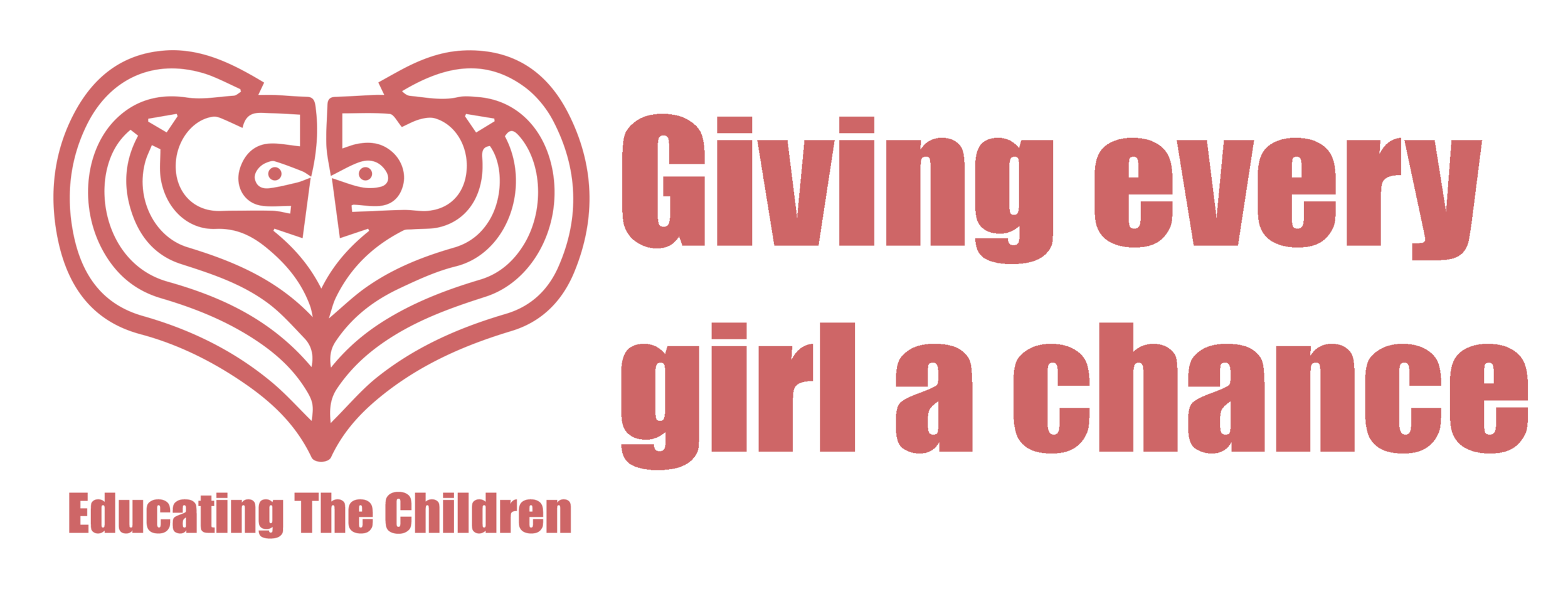Current Projects
Lisha Project
“Lisha” means nourishment in Swahili. We would like to build a kitchen and implement a critical cooking, hygiene & nutrition programme at Sekenani Girls High School”
The Problem
Up until now, we have been make-doing with an improvised kitchen of corrugated iron sheets and an earth floor as other buildings such as classrooms and dormitories have been the fundraising priorities. As the school has expanded, the space has become an increasingly overcrowded safety hazard. There are no storage units which means food is easily contaminated. The use of open wood fires is not good for either the environment or health (also Kenyan regulations are now preventing use).
A new kitchen with stainless steel fittings will allow us to implement a much needed cooking, hygiene and nutrition programme for the girls focused on tackling malnutrition and increasing life expectancy in the Mara. In the Mara, health and nutrition is a real issue – the Masai typically survive on a diet of cows’ blood and milk but young women need a balanced diet that includes essential minerals and vitamins. A poor diet means that the average life expectancy in the region is about 45 years.
The Solution
The aim is to combine improving the school’s kitchen facilities with practical cookery classes in small groups to educate the girls on the importance of food hygiene and balanced nutrition.
Solar water heaters on the kitchen roof will pre heat some of the school’s cold water supply, which can then be further heated in a dedicated kitchen boiler to ensure that cooking pots, crockery and cutlery are all washed clean and can be easily air dried on racks. A secure ventilated storeroom attached to the kitchen, is designed to keep foodstuffs in good condition and safe.
Students will work in small groups with the cook and the assistant cook to learn the practical skills that will give them a lifelong ability to grow and prepare nutritious food for themselves and their families.
In addition the school will make the kitchen available for community use in the school holidays for a small rental fee, so the women have a hygienic environment in which to prepare celebratory community feasts. Sharing access to the school kitchen facilities is a strong way to encourage change for the better in the community.
As well as benefitting the 300 girls at the school, this knowledge & training will impact direct family members, including children yet unborn, and the neighbouring community (around 2000 people).

